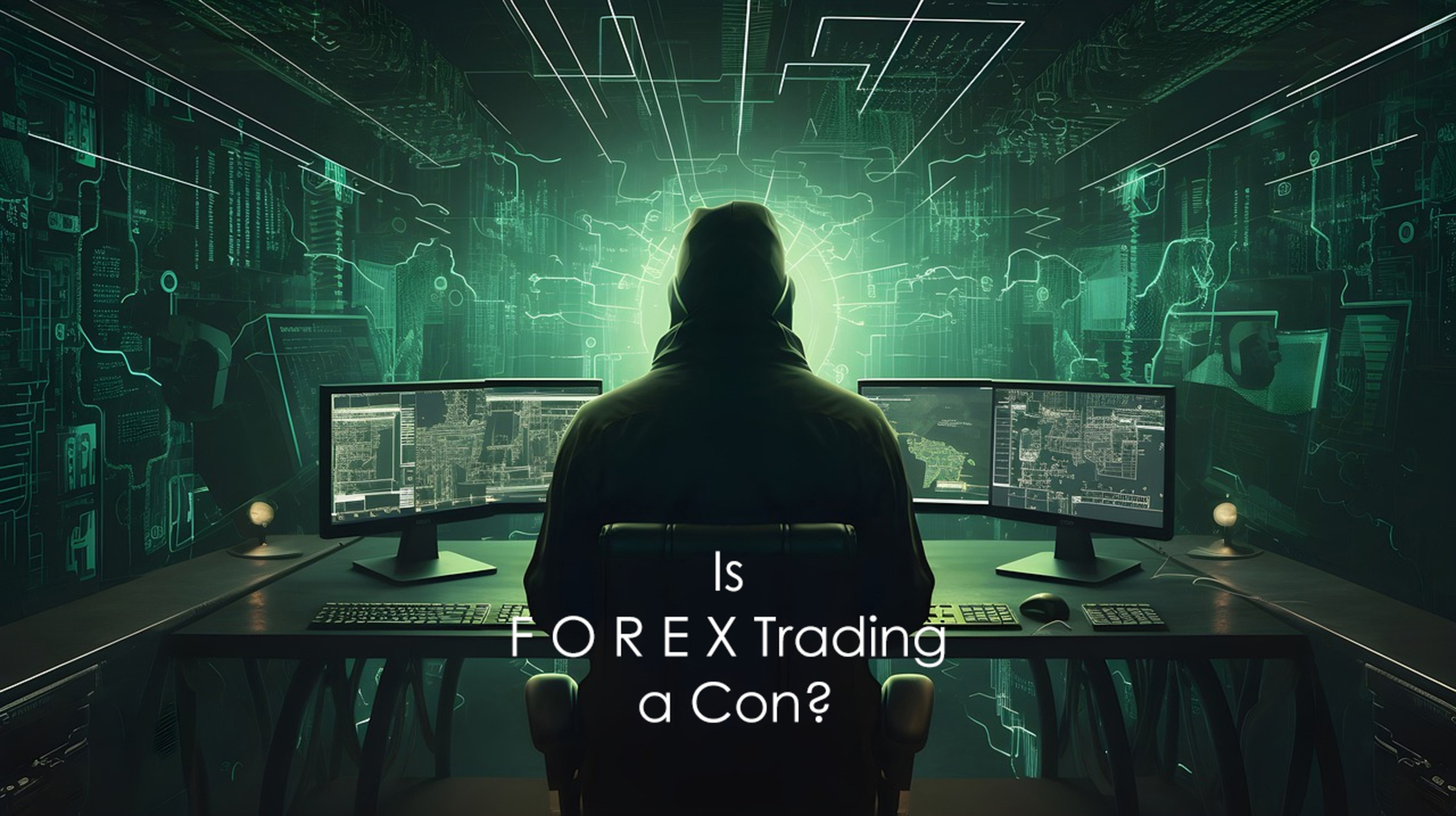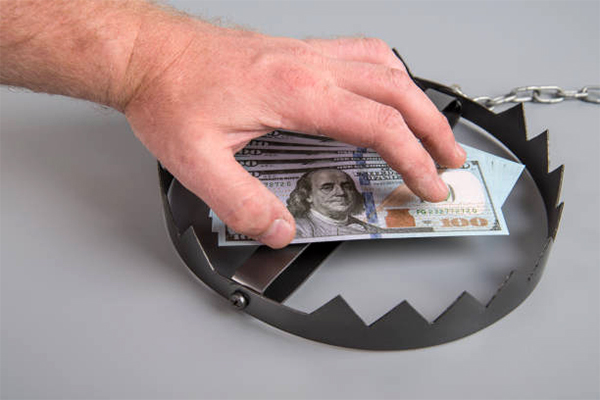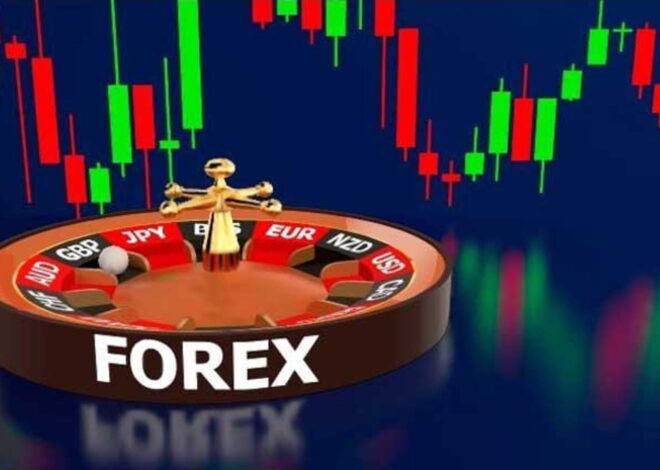
Is Forex Trading a Con
Forex trading, short for foreign exchange trading, has gained immense popularity over the years, attracting both novice and experienced investors. However, its rapid rise has led to a plethora of myths and misconceptions about its legitimacy. Is Forex trading a con? This article aims to dissect the intricacies of Forex trading, providing insights into its opportunities, pitfalls, and regulatory landscape.
Understanding Forex Trading: Myths and Realities Explored
Forex trading involves the exchange of currencies in a decentralized market. Traders buy and sell currency pairs, speculating on price movements to earn profits. The appeal of Forex lies in its accessibility and potential for high returns. However, this very potential has fostered skepticism about its authenticity.
Key Features of Forex Trading:
- 24/5 Market: Forex operates around the clock, five days a week, allowing traders to engage from different time zones.
- Leverage: Traders can control large positions with relatively small capital, amplifying both potential profits and losses.
- Liquidity: The Forex market is one of the most liquid markets globally, making it easier to enter and exit trades.
The Rise of Forex Trading: Opportunities or Pitfalls?
The surge in Forex trading can be attributed to several factors:
- Technological Advancements: The rise of online trading platforms has democratized access to Forex markets.
- Low Barriers to Entry: With minimal capital required to start, many individuals are drawn to the potential for quick returns.
- Educational Resources: Countless resources are available to help beginners understand trading strategies.
However, these opportunities come with significant risks:
- High Volatility: Currency prices can fluctuate wildly, leading to losses.
- Unregulated Brokers: The decentralized nature of Forex can enable unscrupulous brokers to exploit traders.
- Psychological Factors: Emotional trading can lead to poor decision-making.
Common Misconceptions: Is Forex Trading a Scam?

The question of whether Forex trading is a scam is often raised due to the prevalence of fraudulent schemes within the industry. While Forex itself is not a scam, several factors contribute to this misconception:
Misconceptions About Forex Trading:
- All Traders Lose Money: A common belief is that most Forex traders fail. While it’s true that many do not succeed, with proper education and strategy, it is possible to be profitable.
- Guaranteed Profits: Promises of easy money and guaranteed returns are often signs of scams. Legitimate trading involves risk and uncertainty.
- Overnight Success: The idea that one can become a successful trader overnight is misleading. It often takes years of practice and learning.
Comparative Table of Myths vs. Realities:
| Myths | Realities |
|---|---|
| Forex trading is easy. | Requires skill, knowledge, and practice. |
| Most traders get rich quickly. | Most traders experience losses initially. |
| You only need a small amount to start. | While small amounts are accepted, substantial capital can help mitigate risks. |
| All brokers are trustworthy. | Not all brokers are regulated or reliable. |
Traders’ Experiences: Success Stories vs. Disillusionment
As is common in any investment arena, the experiences of Forex traders vary widely.
Success Stories:
- Profitable Strategies: Traders who develop a robust trading plan and adhere to risk management principles often find success.
- Adaptive Learning: Many traders share their journeys of continuous learning and adaptation to market changes, leading to eventual profitability.
Disillusionment:
- Scams and Fraud: Some traders fall victim to fraudulent brokers, resulting in significant financial losses.
- Psychological Strain: The emotional toll of trading, especially during losses, can lead to disillusionment and withdrawal from the market.
Regulatory Landscape: Safeguards Against Forex Fraud
While Forex trading can be risky, regulatory bodies work to protect traders. Various jurisdictions have established regulations to ensure fair trading practices. Here are some notable regulatory bodies:
- The Commodity Futures Trading Commission (CFTC) – USA
- The Financial Conduct Authority (FCA) – UK
- The Australian Securities and Investments Commission (ASIC) – Australia
Key Regulatory Safeguards:
- Segregated Accounts: Ensuring that traders’ funds are kept separate from the broker’s operational funds.
- Transparency Requirements: Brokers must provide clear information about their trading conditions.
- Financial Guarantees: Some regulators offer compensation schemes to protect traders in case of broker insolvency.
Conclusion: Weighing the Risks and Benefits of Forex Trading
In conclusion, Forex trading is not inherently a con, but it comes with its share of risks and complexities. The key to navigating the Forex market lies in education, research, and risk management. Here are some practical tips:
- Educate Yourself: Invest time in learning about Forex trading, market analysis, and risk management strategies.
- Choose a Regulated Broker: Ensure your broker is licensed and regulated by recognized authorities.
- Start Small: Begin with a demo account or small capital to minimize risks while honing your trading skills.
- Keep Emotions in Check: Develop a disciplined trading approach to avoid emotional decisions that can lead to losses.
Ultimately, Forex trading can be a legitimate avenue for profit, but it requires diligence, patience, and a willingness to learn.


The article explains well that not all brokers are trustworthy. It’s important to choose wisely.
‘High volatility’ can be scary, but it also means there can be big opportunities!
I liked the part about emotional trading. It’s hard to stay calm when money is on the line.
I appreciate the mention of regulatory bodies. Knowing there are protections is reassuring.
‘Guaranteed profits’ definitely sounds like a red flag in Forex trading. Good to be cautious!
‘Most traders get rich quickly’ is a big myth! I’m glad it was addressed here.
‘Start small’ is good advice! It’s wise not to invest too much at first.
Forex trading sounds interesting, but I wonder if it’s too risky for beginners.
‘Emotional strain’ really resonates with me; trading can be stressful for sure.
This post helped clarify some myths about Forex trading. It seems like education is key.